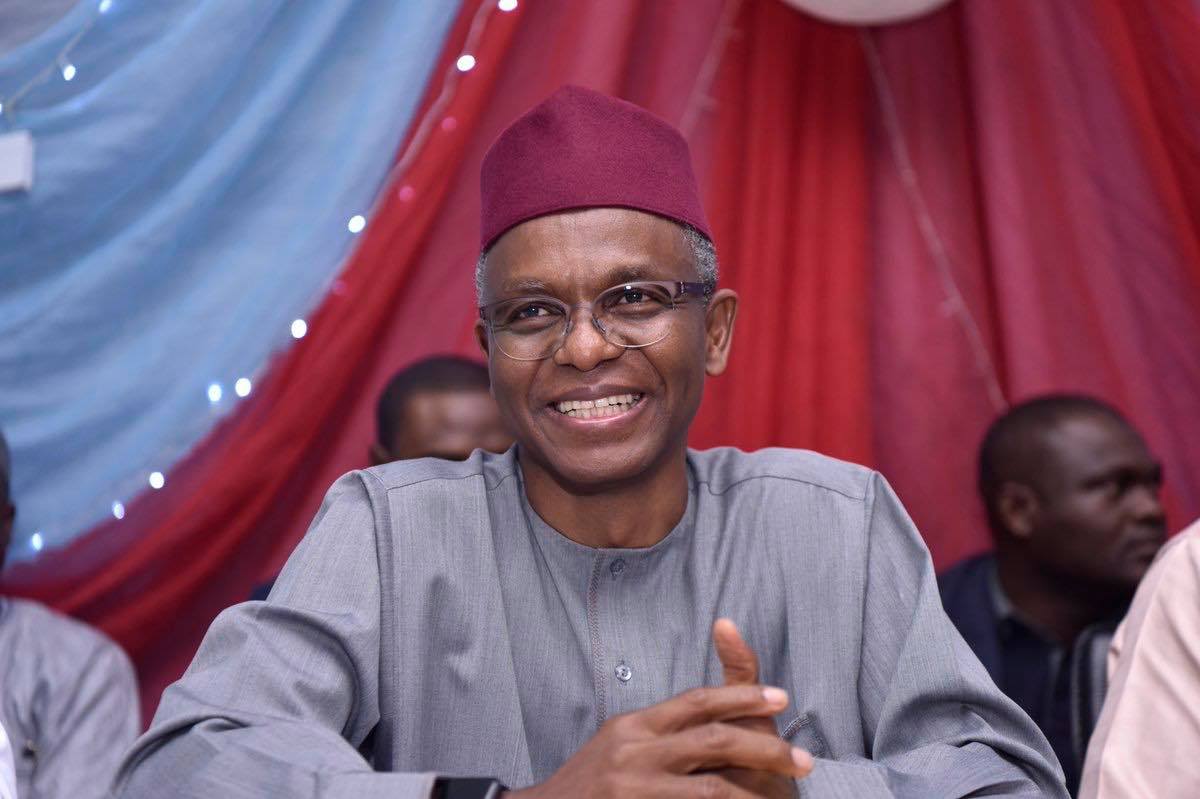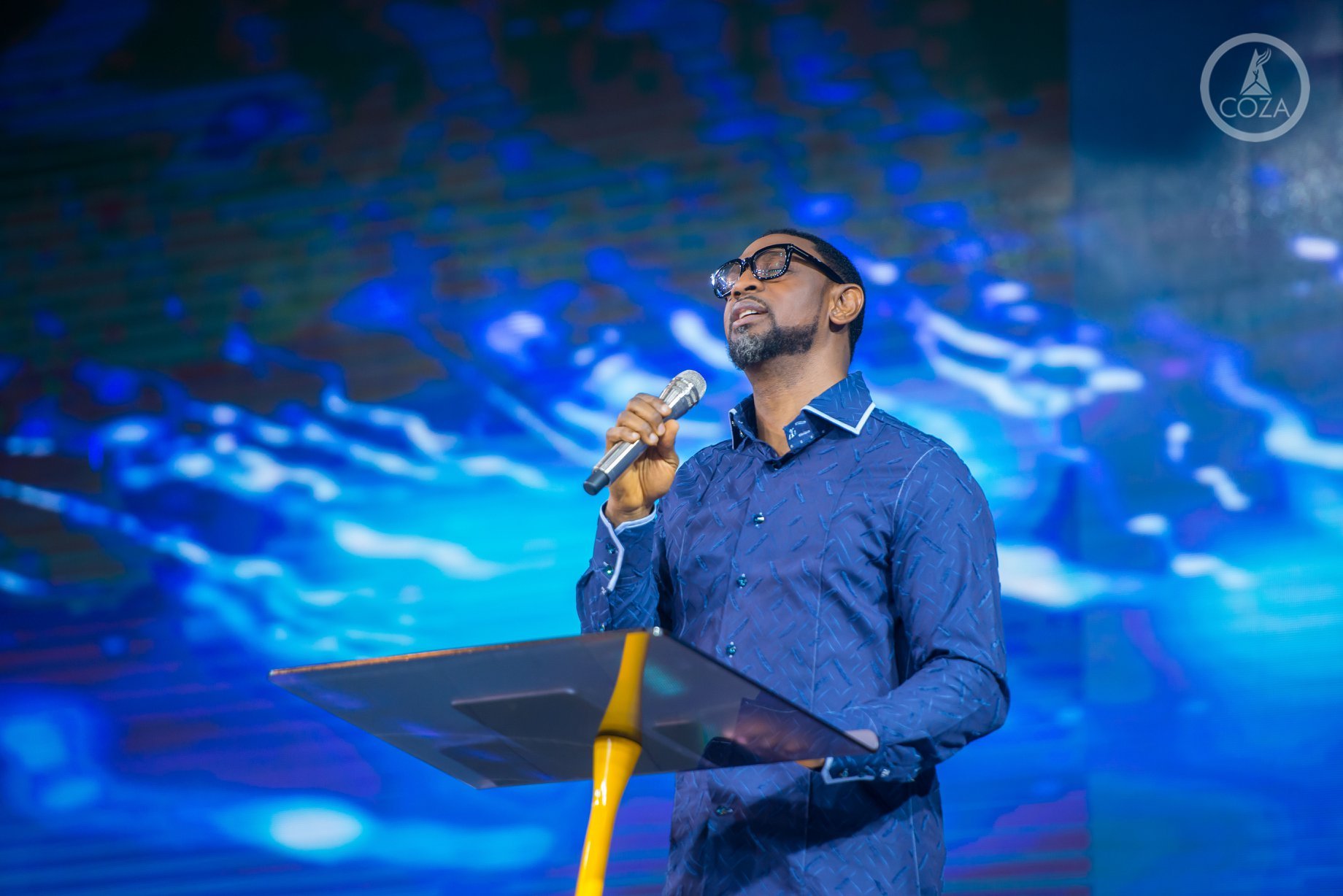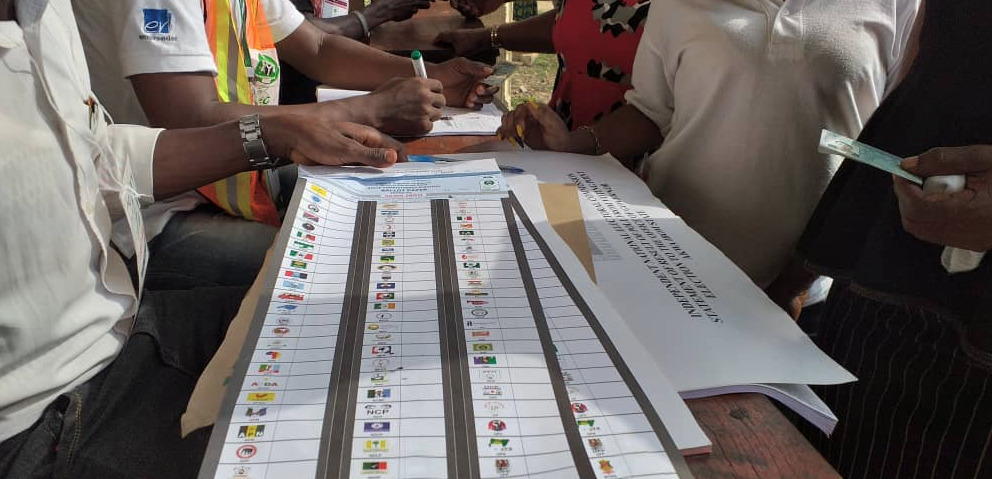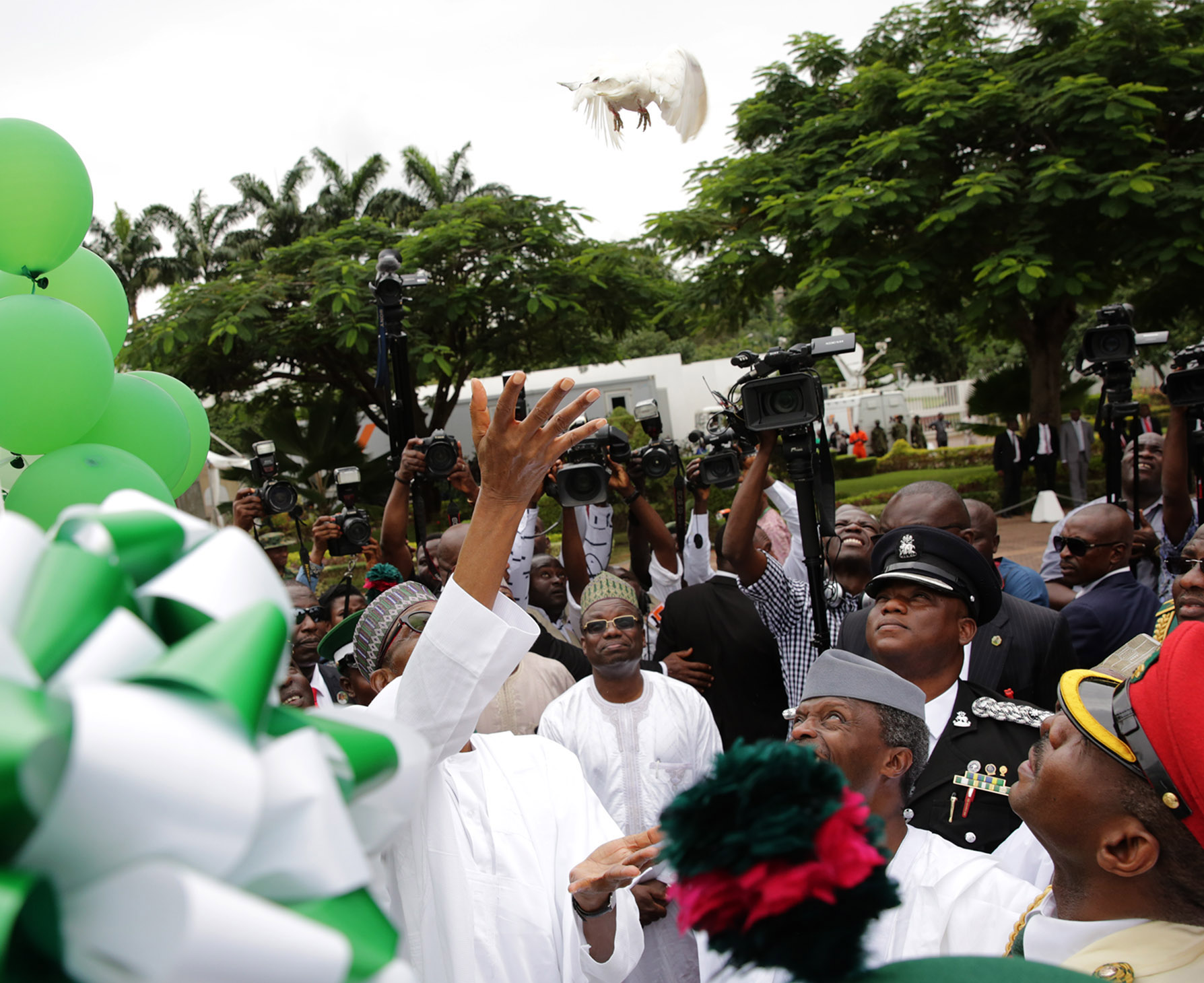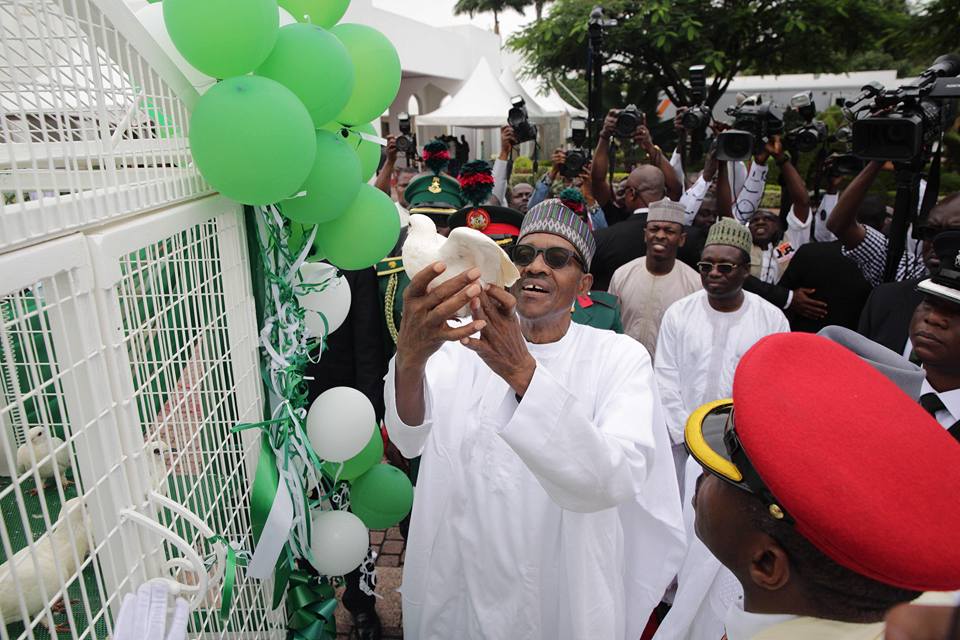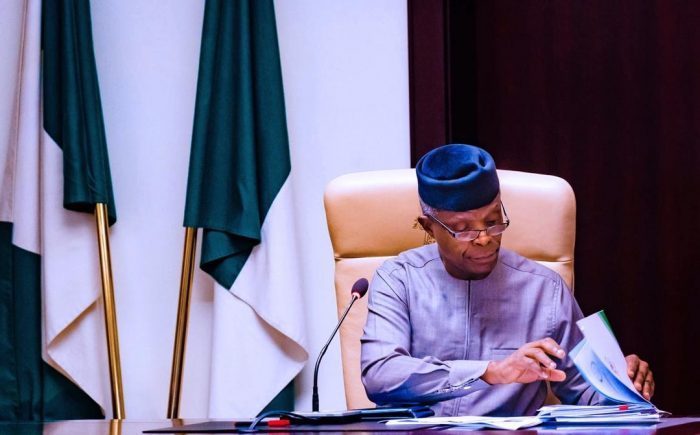BY IBRAHEEM MUSA
Indeed, the cliché is now hackney, time-worn and threadbare with over use. In 2015, just about every new governor, before assuming office, had promised to hit ‘the ground running’ after being sworn in. However, the pledge was observed more in the breach. In fact, most sauntered leisurely, rolled out the drums and made merry in their first 100 days in office. Consequently, governance took the back seat as many states had neither a blueprint, nor a cabinet for three months. The inertia, at that time, was blamed on inexperience and the need to hasten slowly, especially after the locust years. Sadly, that learning curve is here again and some states are paying dearly for it.
Last August, after two months in office, newspapers started sounding the alarm bell, calling out governors that haven’t constituted their cabinets. In particular, out of 29 governors that were sworn in on May 29, 26 had no cabinets in place. Specifically, 12 helmsmen are first term governors and 17 others were re-elected on March 9. However, out of that number, only three governors had appointed commissioners after eight weeks in office. In fact, Malam Nasir El Rufai, the Kaduna state governor, was one of the first to send list of nominees to the House of Assembly. On July 3, he nominated 11 names to the legislature and two days later, it confirmed them. Similarly, on July 12, the governor swore in his commissioners. Likewise, Governor Aminu Tambuwal of Sokoto state and Udom Emmanuel, the Akwa Ibom state governor, had constituted their cabinets within two months of their second terms in office.
As yet, Senator Atiku Bagudu of Kebbi state, a second term governor, has not constituted his cabinet. In addition, several ministries are without substantive permanent secretaries. Likewise, local governments are run by Caretaker Chairmen, almost four months into his second term. Similarly, Hon Muhammad Bello Matawalle, the Zamfara state governor, is still preoccupied with negotiating with bandits, to appoint commissioners. So far, he has just made a few appointments, including the Head of Service, Alhaji Kabiru Balarabe, Secretary to the State Government, Alhaji Bala Bello and an Honorary Adviser, Alhaji Bashir Yuguda as well as a motley of aides. Likewise, Governor Abdullahi Sule of Nasarawa state, four months ago, had appointed nine Senior Special Advisers and stopped short of constituting a cabinet. In June, Governor Nyesom Wike of Rivers state, at an elaborate ceremony, swore in Tammy Danagogo as Secretary to State Government, Chukwuemeka Woke as Chief of Staff as well as Zaccheus Adango and Isaac Kamalu, as Attorney General and the Commissioner of Finance respectively. Thereafter, the appointments ceased and Rivers state, the so called Treasure Base of the Nation, has been without a State Executive Council till date.
Advertisement
Naturally, governance, decision making and sundry approvals will suffer in these states. Memos, at state levels, are taken to the Executive Council, comprising commissioners, Special Advisers and key government officials, for approval. Thereafter, they are debated and reviewed and in the end, resolutions are adopted for implementation. Specifically, experiences and diverse perspectives horn policy formulations and the more, the merrier. Largely, without an Exco, statecraft will be less robust and inclusive. Furthermore, the scrutiny and rigorous interrogations, as council meetings should be, will reveal weaknesses , inherent contradictions and conflict of interests in policy proposals. In politics, processes are as important as the end results and a flawed system will produce a defective output. Meetings, from conception to conclusion, are part of these processes and the State Executive Council is the highest decision making body at state level.
Significantly, this is the ideal situation but the reality is a different ball game. Precisely, in most states, the Executive Council meetings are mere echo chambers, rubber stamping the governor’s decision. Similarly, meetings are seldom held and memos are rarely tabled, let alone debated . In summary, Commissioners are sometimes ill informed, poorly educated and dim-witted party apparatchiks, who were compensated for loyalty. Expectedly, they neither add value nor enrich governance or decision making. In such states, Exco meetings are few and far between, sometimes held quarterly or at the governor’s whims.
However, in Kaduna state, the situation is not the case. Weekly, the state Exco meets, whether or not the governor is in town. The meeting, according to insiders, is more like a brain storming session as memos are dissected line by line. Usually, the presenter makes his or her presentation, complete with Power-point, tables and charts, to the entire cabinet. Thereafter, the inquisition begins as the presenter is grilled by colleagues, seeking clarifications and pointing out loose ends. The presenter, point by point, will answer every poser raised, gives reasons for including each item . In the end, the cabinet decides whether or not to reject the memo. Sometimes, it is not an open-and-shut case as the presenter may be asked to fine-tune the submission and re-present for possible consideration.
Advertisement
Weekly, in Kaduna state, Commissioners are challenged to present or make inputs to memos, or give progress reports of ongoing projects, policies or programmes. Always, the cabinet has a loaded plate and recently, El Rufai has added to the menu. In particular, the governor has modified the weekly meeting and in the new arrangement, the Council now virtually meets daily. Creatively, that change has not shut down government as should be expected. Last week, El Rufai’s Special Adviser on Media and Communication, Mr Muyiwa Adekeye, shed light on this novel arrangement.
The governor, according to him, created five Policy Implementation Councils to fast track governance. Specifically, the Councils comprise related Ministries, Departments and Agencies of Government. In particular, the new Councils are the Human Capital Development Council, the Procurement Monitoring Council and the Economic Development Council, as well as the Infrastructural Development Council and the Institutional Development Council. Significantly, the Councils are ‘’charged with following up and ensuring implementation of all decisions,’’ Mr Adekeye explained, ’’from the state Executive Council and other decisions as approved by the governor.’’
Specifically, the Human Development Council, which is chaired by Deputy Governor Hadiza Balarabe, consists of Commissioners of Education , Health, Human Services and Social Development, including all parastatals under them. The Council, in the new arrangement, meets every Monday to deliberate on providing quality healthcare, education, social development, nutrition and skills. Similarly, the Economic Development Council, comprising business-related ministries, meets on Tuesdays under the chairmanship of Mr Jimi Lawal, El Rufai’s Senior Adviser-Counsellor. The Council, according to its mandate, will focus on growing the economic base of the state, attracting domestic and foreign investments, as well as creating jobs. Likewise, the Infrastructure Development Council meets on Wednesdays. Strictly, it aims at reducing the infrastructural deficit of in all parts of Kaduna state. The Council, according to Adekeye, is chaired by Malam Muhammad Abdullahi, the governor’s Chief of Staff. In addition, the deputy governor chairs the Procurement Monitoring Council, which meets every Thursday to ensure adherence to procedures, oversees donor-funded and debt-financed projects. On Friday, Malam Balarabe Abbas Lawal, the Secretary to the State Government, chairs the Institutional Development Council, which seeks to strengthen the capacity of the Public Service and to coordinate all critical reforms.
In summary, the way I understand it, the Councils can approval memos in their various sectors, copy the rest commissioners and table it to the State Executive Council for ratification. In addition, they will monitor implementation and compliance. For a man who wants to ‘Make Kaduna Great Again’, by restoring public schools to their lost glory, attracting investors to the state and upgrading its derelict infrastructure, including revamping healthcare as well as enthroning a 21st century civil service, it is not enough for El Rufai to hit the ground running. Pray, it is necessary for him to keep running and devise creative ways to maximise productivity, because time is not on his side.
Advertisement
Musa writes from Kaduna
Views expressed by contributors are strictly personal and not of TheCable.
Add a comment
